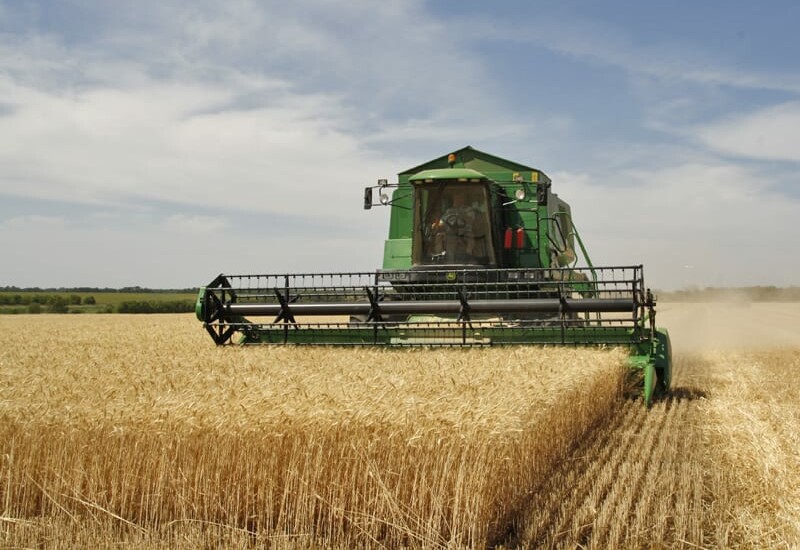President of the IFAJ, Markus Rediger announced in Berlin on Friday, 17 January that the congress will be presented around September 2017 under the auspices of Agricultural Writers SA, the official association for agricultural journalists in South Africa.
“We are delighted that the 2017 congress will be hosted in South Africa and are confident that it will be to the benefit of all our members. Apart from being a challenging and interesting agricultural industry, the country has a solid reputation for hosting seamless international conferences and events and therefore continues to attract them. South Africa is ranked 37th in the world by the International Congress and Convention Association (ICCA) in terms of attracting international association conferences. This track record will certainly stand the 2017 IFAJ congress in good stead,” said Rediger.
“South Africa and Agricultural Writers SA are proud to host the 2017 congress,” says association Chairperson Magda du Toit.
“South Africa has a dual agricultural economy, with both well-developed commercial farming and more subsistence-based production in the deep rural areas. While it is a water scarce country where only 12 percent of land can be used for crop production, it is Africa’s largest food producer and the only net exporter of food on the continent.
“The African population is one billion and all eyes are on the continent to feed its growing population, more so because of its available resources. South Africa is the gateway to the rest of Africa and African agriculture and the industry is increasingly depending on South Africa to lead the way. This makes South African agriculture a challenging but rewarding industry – we have interesting knowledge to share with our international counterparts.”
In terms of other professional development areas for delegates, Du Toit says South Africa is well known for its wildlife and nature and the involvement in the congress of professional wildlife photographers to provide hints and tips on wildlife and nature photography is envisaged. “As part of our professional development responsibility, a workshop will be held on the role of cell phone technology and social media in agriculture – especially on how it could be used to reach farmers in Africa.
Representatives from Sacau (Southern African Confederation of Agricultural Unions) will share their experience from other African countries. Our close relationship with FANRPAN (Food, Agriculture and Natural Resources Policy Analysis Network) which has done remarkable work in this regard, will assist greatly. “To bring Africa closer to the IFAJ, we are sourcing a sponsorship to enable a number of members of Agricultural Writers Africa, an initiative of the association‘s secretariat, which includes agricultural journalists from other African countries, to attend the congress as well.
The groundwork is being done to help them set up guilds in their own countries. If the formalisation of this could be an outcome of the 2017 congress, it would go a long way to enhance agricultural journalism in Africa. The only congress ever in Africa was held in South Africa in 2004 – it is time for Africa again. We will build on the successes of the 2004 conference,” she says.
Congress Chairperson and Agricultural Writers SA’s representative on the IFAJ Nico van Burick says the application to host the congress has the support of Sacau, which represents agriculture organisations in the entire southern African region. “Organised agriculture in South Africa, with which Agricultural Writers SA has close ties, as well as the agricultural business sector, also welcome such a congress in South Africa.
“For more than 30 years the association has annually rewarded a Farmer, Agriculturist and New Entrant to Commercial Farming of the Year. We maintain close relationships with these winners and many of them will act as hosts for the congress tours. “Very few countries can boast the agricultural variety South Africa has on offer. We are leaving no stone unturned to offer our international colleagues an African experience – both from an industry and a peoples’ perspective – to cherish for life,” says Van Burick.







